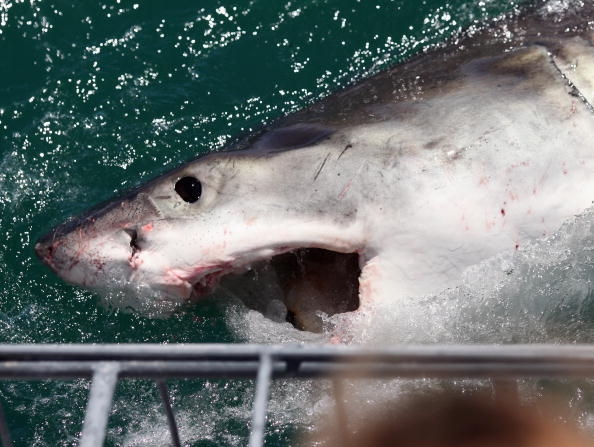Global Tally Shows Record High Number Of 'Unprovoked' Shark Attacks In 2015

The International Shark Attack File (ISAF) on Monday revealed that 98 of 164 incidents of reported shark-human contact last year were confirmed as unprovoked attacks. "Unprovoked shark attacks" are defined by ISAF as "incidents where an attack on a live human occurs in the shark's natural habitat with no human provocation of the shark."
While the 66 other incidents last year were comprised of 36 provoked attacks and 14 shark-human interactions. Provoked attacks usually happen when a human initiates physical interaction with a shark.
CNN reported Tuesday that the number of unprovoked attacks recorded in 2015 is obviously higher as compared to 2014 with 76.
The recent figure revealed by the group reportedly includes six casualties. Shark attacks killed two individuals in the Indian Ocean island of Reunion, one in Hawaii, Australia, Egypt and New Caledonia respectively, The Guardian reported Tuesday.
"The numerical growth in human-shark interactions does not necessarily mean there is an increase in the rate of shark attacks," the ISAF report stated. "It most likely is a function of the growing human population."
The report also revealed the recorded unprovoked attacks in 2015 is so far the highest, exceeding the previous high of 88 recorded incidents in 2000.
"Shark populations are actually declining or holding at greatly reduced levels in many areas of the world as a result of over-fishing and habitat loss, theoretically reducing the opportunity for these shark-human interactions," the report stated.
"However, year-to-year variability in local meteorological, oceanographic, and socio-economic conditions also significantly influences the local abundance of sharks and humans in the water and, therefore, the odds of encountering one another."
Meanwhile, ISAF Director George Burgess said one factor for the increase of shark attacks is the growing human population.
"Sharks plus humans equals attacks. As our population continues to rapidly grow and shark populations slowly recover, we're going to see more interactions," Burgess said in a dispatch.



